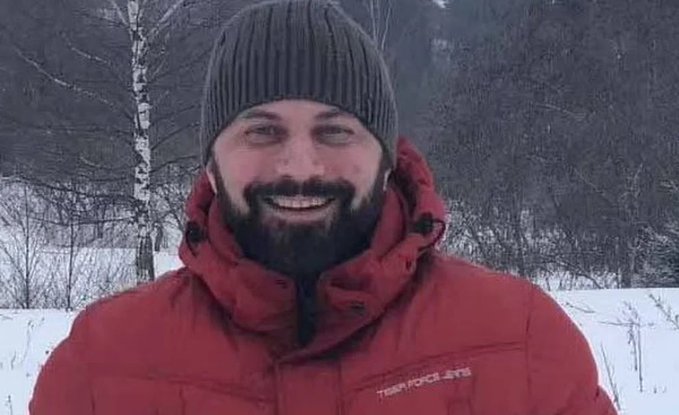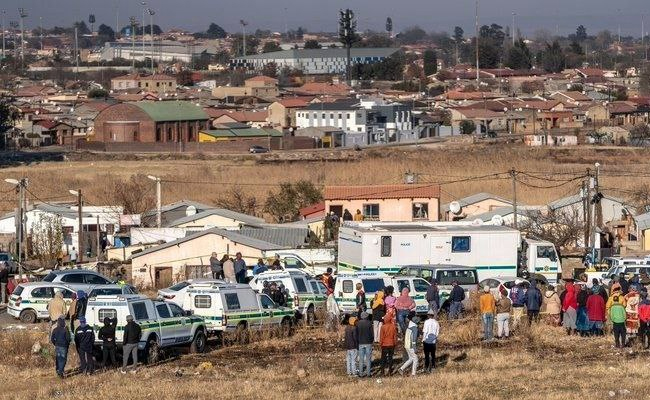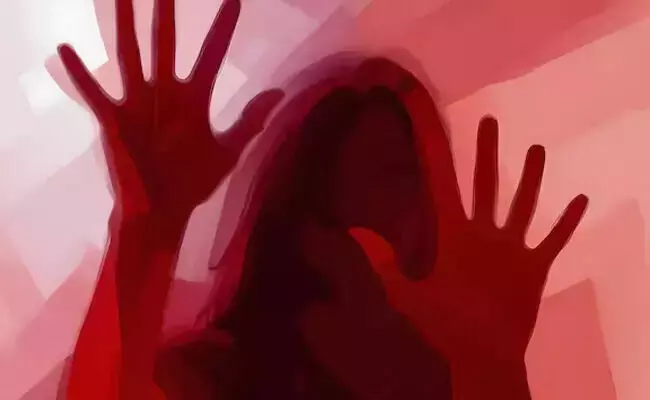Moscow, Mar 4: Andrey Botikov, one of the scientists who helped to create the Russian COVID-19 vaccine Sputnik V, was strangled to death with a belt at his apartment here and police have arrested a suspect in connection with the murder, according to a Russian media report on Saturday.
Botikov, 47, who worked as a senior researcher at the Gamaleya National Research Center for Ecology and Mathematics, was found dead in his apartment on Thursday, Russian News Agency TASS quoted the Investigative Committee of the Russian Federation as saying.
Russian President Vladimir Putin honoured the virologist with the Order of Merit for the Fatherland award for his work on the COVID vaccine in 2021. Botikov was one of 18 scientists who developed the Sputnik V vaccine in 2020, according to reports.
His death is being investigated as a murder, the committee, which is the investigating authority in Russia, said in a Telegram statement.
According to investigators, a 29-year-old young man strangled Botikov with a belt during an argument and fled. Law enforcement agencies said the murder was a domestic crime and the result of a conflict, the report said.
The suspect was arrested shortly after Botikov's body was found, the federal investigative agency said in the statement.
"The location of the attacker was established in short order. During the interrogation, he pled guilty and was charged. The defendant has a previous criminal record, as he stood trial on charges of committing a serious crime. In the near future, the investigation plans to petition the court to place the defendant in custody pending trial," the Investigative Committee said.
Let the Truth be known. If you read VB and like VB, please be a VB Supporter and Help us deliver the Truth to one and all.
Thane (PTI): A wild fox was rescued on Sunday after it fell into an open water tank in Thane's Shil area, an official said.
The rescue operation, which started at noon, was a coordinated effort between the Fire Brigade, wildlife personnel that took one hour, Thane Municipal Corporation disaster management cell chief Yasin Tadvi said.
"The fox fell into a tank located near Muktai residency on Kalyan-Shilphata road. The rescue proved challenging due to the confined space of the tank. However, through the combined efforts of the fire brigade and forest officials, the fox was safely pulled out after nearly an hour of careful manoeuvring," Tadvi said.
ALSO READ: 9 killed, 10 wounded in South African pub shooting
Following the rescue, the animal was checked for injuries and taken by the forest department for further observation before its eventual release, he said.





